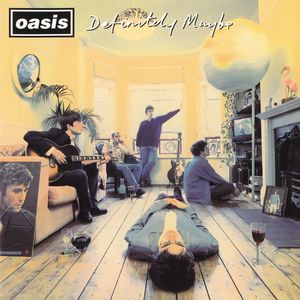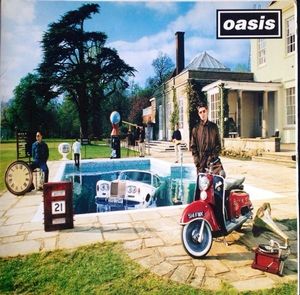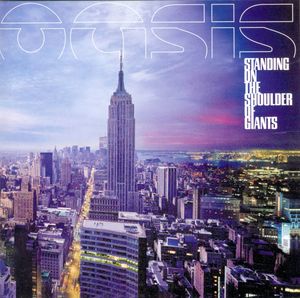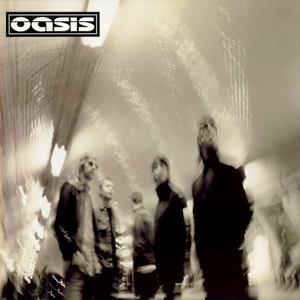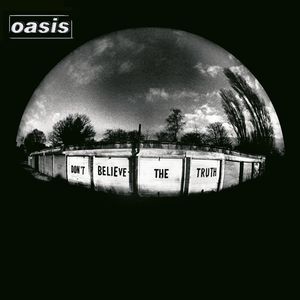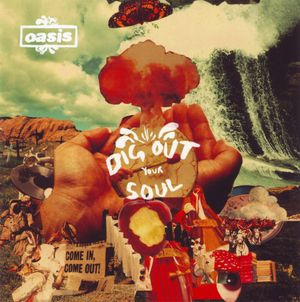
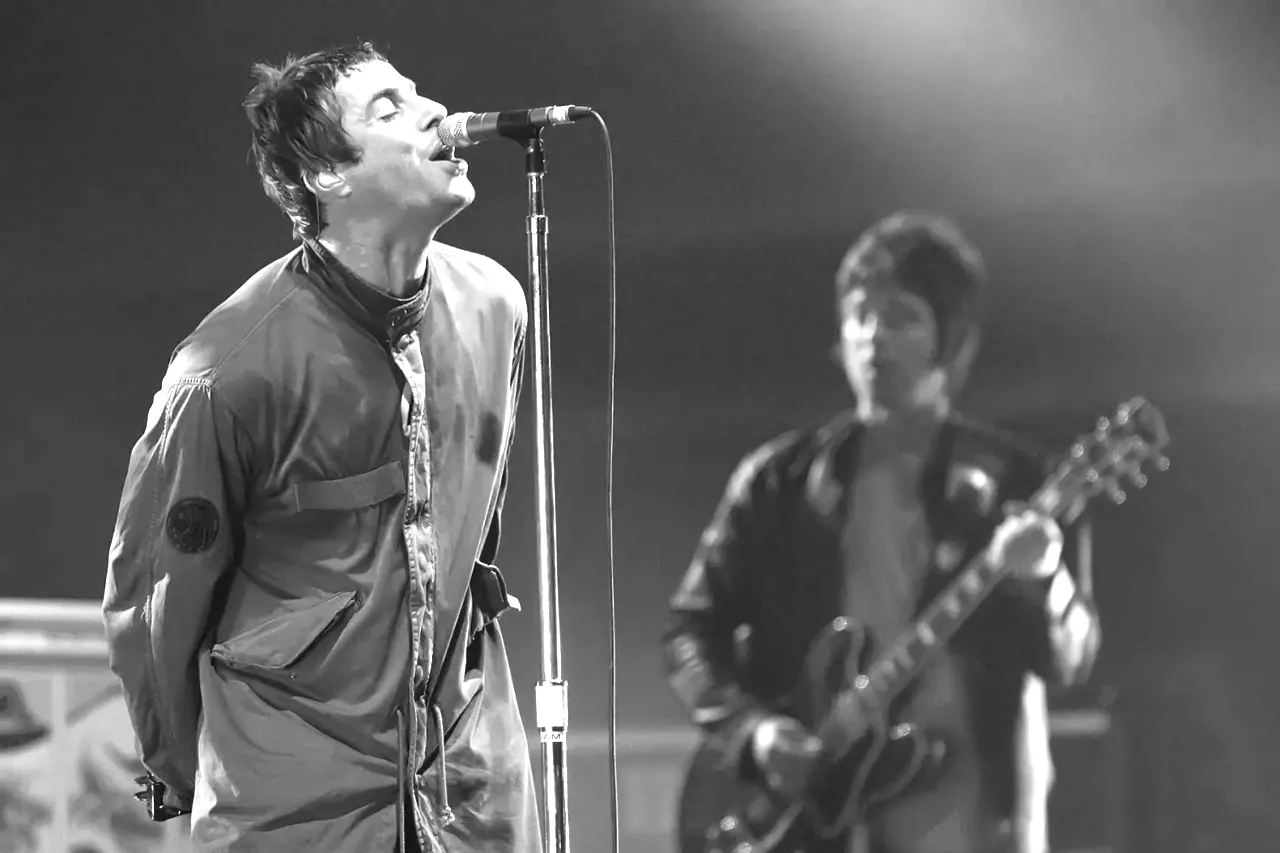
Follow Your Favorite Band Today!
Top Oasis Community Posts
Story of Oasis
Oasis: The Britpop Giants
Oasis, hailing from the musical heartland of Manchester, burst onto the scene in 1991. Their original lineup was a potent mix of swagger and raw talent: Liam Gallagher (the charismatic frontman), Paul "Bonehead" Arthurs (the rhythm guitarist), Paul "Guigsy" McGuigan (the bassist), and Tony McCarroll (the drummer). But it was the arrival of Liam's older brother, Noel Gallagher, that truly cemented their destiny. Noel, with his sharp songwriting and blistering lead guitar, joined the band just a few months later and soon became the creative driving force, crafting the anthems that would define their sound.
Oasis quickly became synonymous with the Britpop movement, rising to international fame with a sound that was both nostalgic and fresh, drawing inspiration from classic British rock while injecting it with a youthful energy and attitude.
They signed with Creation Records in 1993, unleashing their debut album, "Definitely Maybe," the following year. It was a monumental success, smashing records to become the fastest-selling debut album in British history. The album's iconic tracks, like "Live Forever" and "Champagne Supernova," became anthems for a generation.
The band’s follow-up, "(What's the Story) Morning Glory" (released in 1995 with new drummer Alan White), cemented their status as Britpop royalty. It spent an astonishing ten weeks at the top of the UK charts, becoming one of the biggest selling albums of all time – a cultural touchstone that continues to resonate today.
However, the Gallagher brothers' tumultuous relationship was well documented, their fiery personalities and public spats splashed across the tabloids throughout the 1990s. Despite the drama, their music continued to captivate, creating a legacy that will forever be etched in the history of rock and roll.
Frequently Asked Questions
Bands you may like
More Acoustic Rock Bands
Discover more bands in the Acoustic Rock genre and explore the diverse sounds that define this musical style.
Browse All Acoustic Rock BandsMore Bands from United Kingdom
Discover the rich musical heritage of United Kingdom and explore bands that represent the country's unique sound and culture.
Browse All United Kingdom Bands
